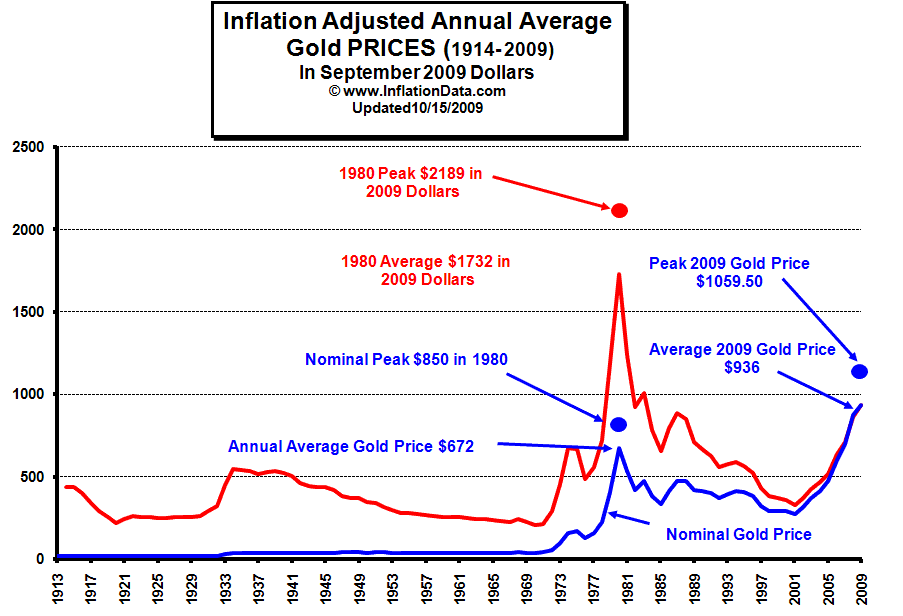Homie
Anti-Lefty
Alright, thanks. I don't fully understand these arguments, but I'm not gonna pester you with additional questions. Maybe I'll have a better understanding of this stuff after International Trade class this semester.

Well, I think business cycles do occur, so in a way its unpreventable. How do you moderate the business cycle? Inflation-targeting on the monetary side and sound fiscal policy side on the other.Know anyone hiring in Minneapolis after May?
What would you say would be the best way to stimulate an economy or prevent it from overheating?
This may be a policy question more than an economic question:
Do you think the US Gov't will open up the building of new nuclear power plants?
Apparently the energy is clean and the process very effective for producing large quantities of energy. Of course if something goes wrong, it goes very wrong.
I believe this is an outdated way of thinking. A country should produce whatever it is best at producing (comparative and absolute advantage, and all that jazz) and then just trade it; everyone's better off.The ability of a country to be self-reliant for energy help keep more money in that country

Since it has intrinsic value
Well, I think business cycles do occur, so in a way its unpreventable. How do you moderate the business cycle? Inflation-targeting on the monetary side and sound fiscal policy side on the other.
It's funny how many people seemed to have forgotten that the cycle is still there. It's just a lot flatter than it used to be. I figured your answer would be pretty much what the leaders are not doing, but it doesn't make it any less disappointing in their performance. Thanks, JH!


The gold play has nothing to do with fear, inflation or the US and everything to do with a cultural demand and a small piece as store of value. The demand picture comes from 60% of the globe's population(#1 and #2 consumer are China and India) and their culture demanding it and secondly the production side which is a nasty environmental business.
Don't look at the history of gold prices since the US was the only engine to the global economy a decade ago. That's changed quite dramatically over the last ten years and rising prosperity.
They're bidding more than the book value of Yahoo's asset. That's not smart. They're bidding based on future expectations of a web search company whose market share is slowly slipping away.What do you think about Yahoo & Microsoft?
I still disagree with you in that gold has little investment value for the average person investing or retirement. I also disagree that the most recent gold price rise is explainable by India and China. Have they really been demanding that much gold? I thought they were driving up the price of oil.
